 W
WArthur Henry Adams was a journalist and author. He started his career in New Zealand, though he spent most of it in Australia, and for a short time lived in China and London.
 W
WRewi Alley was a New Zealand-born writer and political activist. A member of the Communist Party of China, he dedicated 60 years of his life to the cause and was a key figure in the establishment of Chinese Industrial Cooperatives and technical training schools, including the Peili Vocational Institute. Alley was a prolific writer about 20th century China, and especially the communist revolution. He also translated numerous Chinese poems.
 W
WJames Keir Baxter was a New Zealand poet and playwright. He was also known as an activist for the preservation of Māori culture. He is one of New Zealand's most well-known and controversial literary figures. He was a prolific writer who produced numerous poems, plays and articles in his short life, and was regarded as the preeminent writer of his generation; he also suffered from alcoholism until the late 1950s, after which he converted to Catholicism, and established a controversial commune at Jerusalem, New Zealand in 1969. His wife, Jacquie Sturm, was a well-known writer in her own right.
 W
WPatrick Blanchfield, commonly known as Paddy Blanchfield, was a Labour Party member of the New Zealand Parliament for Westland and the West Coast.
 W
WMichael Stephen Botur is an author from New Zealand described as being "a writer considered one of the most original story writers of his generation in New Zealand."
 W
WThomas Bracken was an Irish-born New Zealand poet, journalist and politician. He wrote "God Defend New Zealand", one of the two national anthems of New Zealand, and was the first person to publish the phrase "God's Own Country" as applied to New Zealand. He also won the Otago Caledonian Society's prize for poetry.
 W
WClyde Leonard Carr was a New Zealand politician of the Labour Party, and was a minister of the Congregational Church.
 W
WDr. Glenn Colquhoun, born in Papakura, Auckland in 1964, is a New Zealand poet and general practitioner.
 W
WWalter D'Arcy Cresswell was a New Zealand poet, journalist and writer. He was born in Christchurch, New Zealand, to Hannah and Walter Joseph Cresswell, a solicitor. His elder brother was Douglas Cresswell later known as a writer. On leaving school Walter joined the Christchurch architectural firm of Collins and Harman. In mid 1914 Cresswell went to London to further studies at the Architectural Association, and in early 1915 enlisted as a private with the Middlesex Regiment. He was wounded in France in 1916, and after convalescence joined the Corps of New Zealand Engineers, serving from 1917 until the demobilisation of 1919. He was awarded the British War Medal and the Victory Medal.
 W
WThomas Allen Munro Curnow was a New Zealand poet and journalist.
 W
WWilliam (Bill) Direen is a New Zealand writer and performer. He graduated from Canterbury University (Christchurch) after gaining the John Tinline Prize (1980) and M.A. Hons.. He directed Blue Ladder Theatre at 87 Cashel Street, Christchurch, moving later to produce a series of experimental musicals in Wellington. Later writing (1994–present) ranges from criticism and speculative fiction to phonaesthetic poetry. From 2006 to 2017 he edited the trans-cultural literary magazine Percutio, "dedicated to aspects of the creative process and to works that bridge cultures". His music activities throughout the decades include groups The Bilders and the trio Ferocious. He has toured USA, Europe, Serbia and Australia, has strong ties with France, and now lives in Otago, New Zealand. He is the subject of a documentary, Bill Direen, A Memory of Others, directed by Simon Ogston (2017) (Official trailer).
 W
WAlfred Domett was an English colonial statesman and poet. He was New Zealand's fourth Premier.
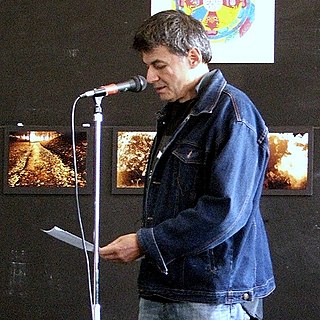 W
WDavid Eggleton is a New Zealand poet and writer. In 2019 he was appointed New Zealand Poet Laureate, a title he holds until 2021.
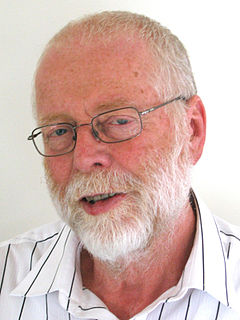 W
WChris Else is the New Zealand author of novels, collections of short stories, and poems.
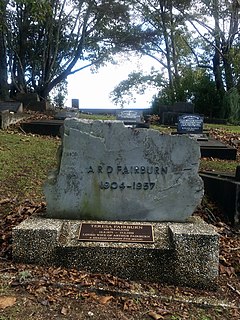 W
WArthur Rex Dugard "Rex" Fairburn was a New Zealand poet who was born and died in Auckland.
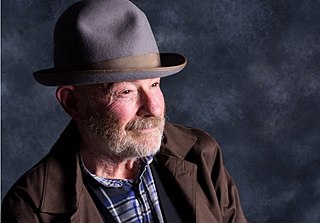 W
WJohn Edward Gallas FEA is a New Zealand born poet who in 2016 was the Joint Winner of the Indigo Dreams Pamphlet Prize and the St Magnus International Festival poet.
 W
WRowley Habib, also known as Rore Hapipi, was a New Zealand poet, playwright, and writer of short stories and television scripts.
 W
WJoel Hayward is a New Zealand-born British scholar, writer, and poet. The Nation referred to him as a "noted scholar" on international conflict and strategy. He is best known for his published books and articles on strategic and security matters, including the use of air power, his 2003 biography of Horatio Lord Nelson, his writing and teaching on the Quranic (Islamic) concepts of war, strategy and conflict, and his works of fiction and poetry.
 W
WSamuel Percival Maitland Hunt is a New Zealand poet, especially known for his public performances of poetry, not only his own poems, but also the poems of many other poets. He has been referred to as New Zealand's best-known poet.
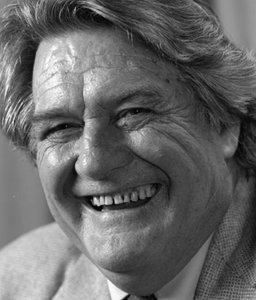 W
WLouis Albert Johnson was a New Zealand poet.
 W
WTim Jones is a New Zealand writer and poet.
 W
WWilliam Manhire is a New Zealand poet, short story writer, professor, and New Zealand's inaugural Poet Laureate.
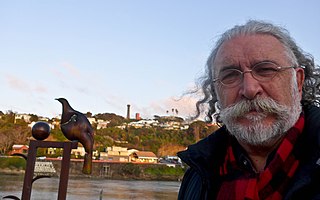 W
WChristodoulos Evangeli Georgiou Moisa is a New Zealand poet, artist, photographer, writer, essayist and art teacher.
 W
WGregory Leo O’Brien is a New Zealand poet, painter and editor.
 W
WPeter Olds is a New Zealand poet. He was born in Christchurch. Freed the poetry magazine 1969–72 published him, and he was a central figure to the younger poets of the 1970s. He held the University of Otago Robert Burns Fellowship in 1978. Influences on his poetry include American rock'n'roll, the 1950s beat poetry of Allen Ginsberg and Jack Kerouac, and his own experiences in psychiatric institutions. Olds currently lives in Dunedin.
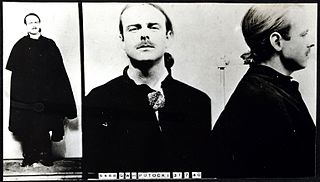 W
WCount Geoffrey Wladislas Vaile Potocki de Montalk was a poet, polemicist, pagan and pretender to the Polish throne. Born in New Zealand, he was the eldest son of Auckland architect Robert Wladislas (Potocki) de Montalk, grandson of Paris-born Professor Count Joseph Wladislas Edmond Potocki de Montalk, and great-grandson of Polish-born Count Jozef Franciszek Jan Potocki, the Insurgent, of Białystok.
 W
WJohn Puhiatau Pule is a Niuean artist, novelist and poet. The Queensland Art Gallery describes him as "one of the Pacific's most significant artists".
 W
WCharles William Purnell was a New Zealand soldier, journalist, lawyer, and publisher of political and scientific texts.
 W
WChristian Karlson "Karl" Stead is a New Zealand writer whose works include novels, poetry, short stories, and literary criticism. He is one of New Zealand's most well-known and internationally celebrated writers.
 W
WRobert Sullivan is a Māori writer from New Zealand.
 W
WBrian Lindsay Turner is a New Zealand poet and author. He played hockey for New Zealand in the 1960s; senior cricket in Dunedin and Wellington; and was a veteran road cyclist of note. His mountaineering experience includes an ascent of a number of major peaks including Aoraki / Mount Cook.
 W
WHone Tuwhare was a noted Māori New Zealand poet. He is closely associated with The Catlins in the Southland region of New Zealand, where he lived for the latter part of his life.
 W
WIan Curtis Wedde is a New Zealand poet, fiction writer, critic, and art curator.